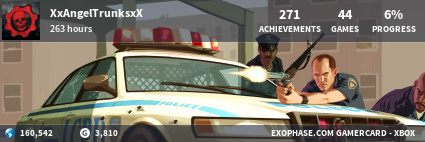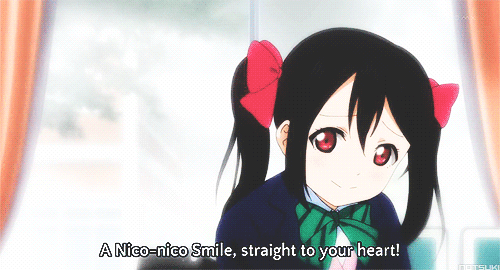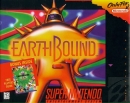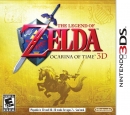spemanig said:
The progression through Metroid is extremely linear. There is a "right way" to go. What creates that sense of freedom is the fact that, although there is usually just one path forward, you are never explicitely told what that path is or how to proceed through it. It was never about non-linear progression, but about exploration. Prime gets the action, exploration, and the linearity down, but almost entirely drops the platforming. Because platforming is such a huge part of the way Metroid is designed, this changed a lot in the switch to 3D. It completely changed the level design to something extremely horisontal (like Mario) when Metroid prided itself on is verticle level design. The shift in perspective had a detremental impact on the types of power ups she recieved, with less of them focusing on platforming and more focusing on a new visual "scanning" gimmick (not using gimmick in a derogerory way). That was never what Metroid was about. Also, the power ups where never merely about "getting more powerful." They were about getting more platforming abilities. Almost every power-up in the 2D games is a platforming power up. Prime is only Metroid in genre to me. It happens to be a game in the franchise that falls into the "metroidvania" subgenre, but that's the extent of it. It lacks the level design and platforming focus that Metroids 1, 2, and 3 had. If it wasn't part of the franchise, it would be unrecognisable. Can't say the same for something like Super. For the record, I think Prime is much better than Mario 64 or OoT as well, but I don't think that means that it transitioned to 3D the best. |
Bit of a side note, but I think claiming that Metroid is simply "masked" linearity fails to take much of what Metroid is into account. While most Metroid games have a "standard" order that someone will probably complete them in on their first attempt, they usually allow for these tasks to be accomplished out of order. For instance, the original Metroid allows for...things to really be done in just about any order, so long as Tourian is beaten last. The bosses in Super Metroid can and have been beaten in any order without the need for hacks. This is a bit less prevalent in games like Metroid 2 and Fusion, but I think dismissing all non linearity from Metroid's past misses much of what Metroid games have done.
On topic, though, I would argue that you're making platforming out to be a much more significant component of Metroid's essence than it truly is. I can find no interview with a developer or other official source that lists "platforming" as a core value of Metroid.
Secondly, saying that nearly every single powerup in the 2D genre is platforming based is a borderline ludicrous claim. The Screw Attack, Charge Beam, Wave Beam, Plasma Beam, Spazer Beam, Missiles, Super Missiles, Power Bombs, Varia Suit, Gravity Suit, and X-Ray Scope have absolutely nothing to do with platforming. The Ice Beam and Speed Booster have extremely minor effects on platforming in very limited scenarios. Really, the only powerups that are platforming oriented are the Space Jump, Morph Ball Bomb, High Jump, and possibly the Grapple Beam. That's 4-6 out of 12 or so powerups from the original 4 2D games that are designed towards platforming. Vertical movement is not the main focus here.
Finally, though, I think the notion that platforming is almost absent from the Prime games is incorrect as well; much of the platforming focuses on horizontal space instead of vertical. Elysia from Metroid Prime 3, Torvus Bog from Metroid Prime 2, and Phendrana Drifts from Prime focus heavily on platforming segments. Chozo Ruins and Magmoor Caverns from Prime include plenty of platforming as well, as does the entire sunken Frigate Orpheon. The Ing Hive from Echoes and Bryyo Cliffside (I believe that's the name) from Corruption have quite a bit of platforming too. Platforming is most definitely not removed from the Prime series. Even Hunters, the much maligned wicked stepsister of the Prime series, focuses intently on platforming, particularly on Alinos and Arcterra.


























































